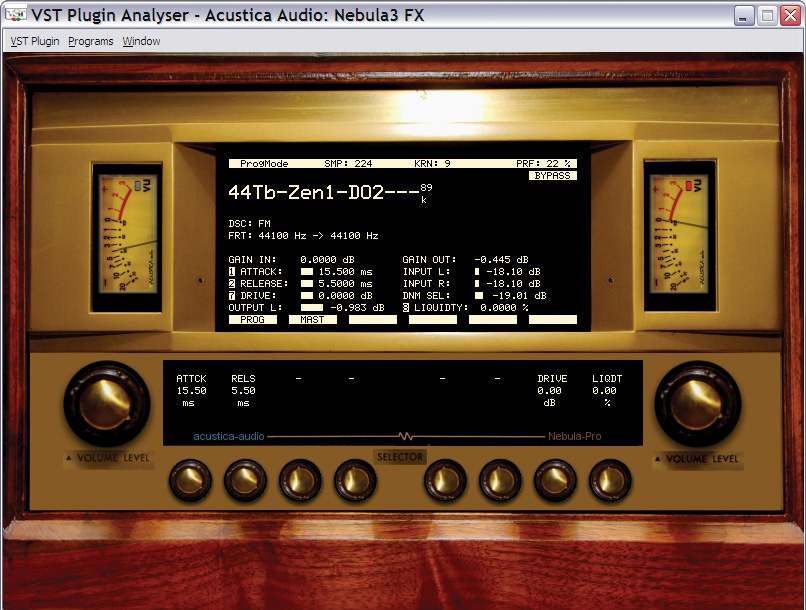

Only functions of dynamically loaded libraries can be overridden. In this case, the library to be preloaded would implement the functions you want to override with prelinking.

You might want to implement your own malloc(3) and free(3)functions that would perform a rudimentary leak checking or memory access control for example, or you might want to extend the I/O calls to dump data when reverse engineering a binary blob. Library preloading is most commonly used when you need a custom version of a library function to be called. If the binary is dynamically linked, we can use one neat dynamic linker feature called preloading. It is a available on most Unix system and allows to load a user specified, shared library before all other shared libraries which are linked to an executable. We can check if the binary is dynamically linked by executing the following command: This reduces the amount of memory required.You can read more about the linker HERE. This means that all the functions are in a special memory space and every program can access them, without having multiple copies of them. Dynamic linking prevents this, by linking at the run-time, not at the compile time. In this case, in memory there would me more copies of the same function. This is a waste of space, as there are many programs that may need the same functions. Static linking means that every executable file contains in it every library (collection of functions) that it needs. A simplified explanation of the difference between dynamic and static linking: When we make libraries, we can make static or dynamic libraries. Linker transforms object files to executable files OR libraries. We are interested in the latest phase, the linking phase. Linking: the linker takes the object files produced by the compiler and produces either a library or an executable file.įor more details read THIS, it should be enough for start.Compilation: the compiler takes the pre-processor’s output and produces an object file from it.The output of this step is a “pure” C/C++ file without pre-processor directives.
FREE NEBULA 3 LIBRARIES CODE


 0 kommentar(er)
0 kommentar(er)
